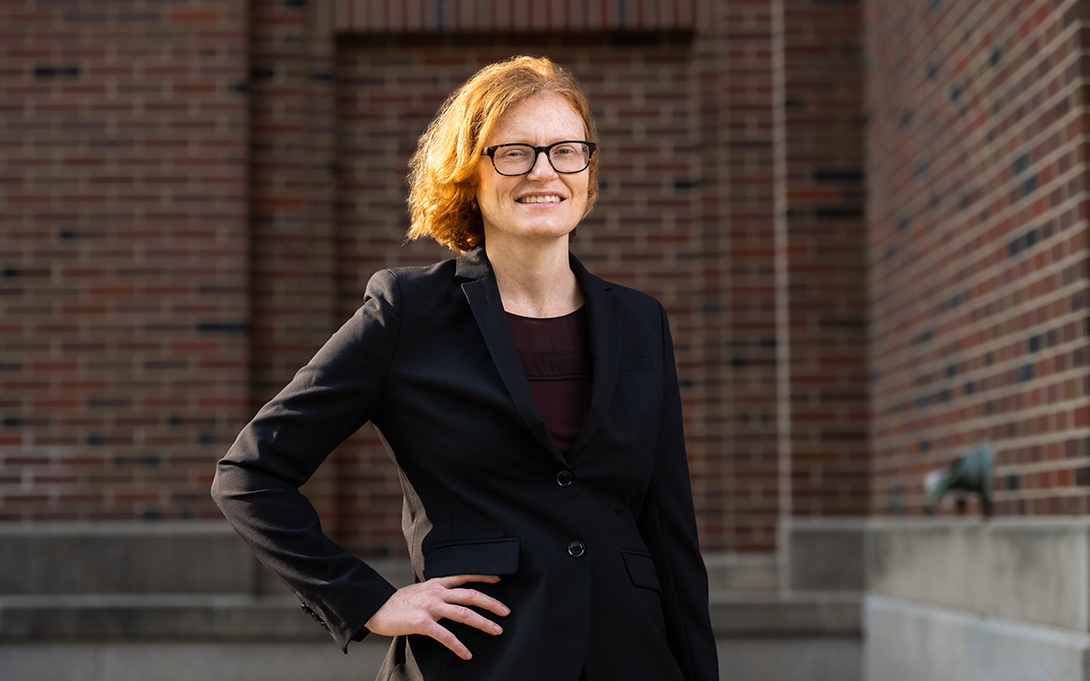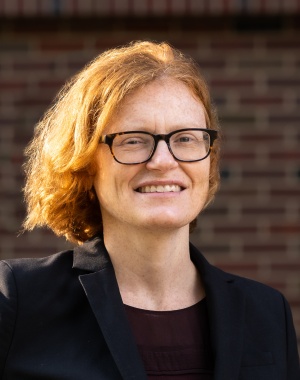
Responding to a recent study that shows the negative impact of Tennessee’s Voluntary Pre-K program, Christina Weiland, associate professor of public policy and education, and five other authors penned an article defending early childhood education (ECE) programs.
"Substantial investments in ECE are well supported by research, make good policy sense, and are urgently needed. This new study doesn’t change that," they wrote in an article for the Brookings Institution's Brown Center Chalkboard. "It does, however, drive home just how critical it is to hold the line on quality in any ECE expansion, and to continue to learn how to design programs so they best serve children, families, and society."
Weiland and her co-authors emphasize five findings from the new study and other research on ECE:
- "On average, children who attend preschool enter kindergarten with stronger school readiness skills than if they had stayed home."
- "Public preschool programs vary in how, and how well, they operate."
- "Some public preschool programs improve children’s learning outcomes more than others."
- "Children who didn’t attend preschool appear to catch up, partially or fully, to children who attended preschool on their early elementary school test scores."
- "Regardless of medium-term effects, most studies that follow preschool attenders into adulthood find positive effects on important outcomes like school attainment and earnings."
Considering these takeaways, the authors decide that the debate isn't whether investment should be made in ECE, but how existing programs can be improved. They argue that the Build Back Better plan would help the U.S. continue to invest and improve preschool.
"The main takeaway from the large body of research on ECE programs...is not that we should turn away from public investments in ECE," the authors conclude. "It’s that we need to finally build the high-quality system that our economy needs—and that our young children, their families, and educators deserve."
Read the entirety of the article, "What does the Tennessee pre-K study really tell us about public preschool programs?"
